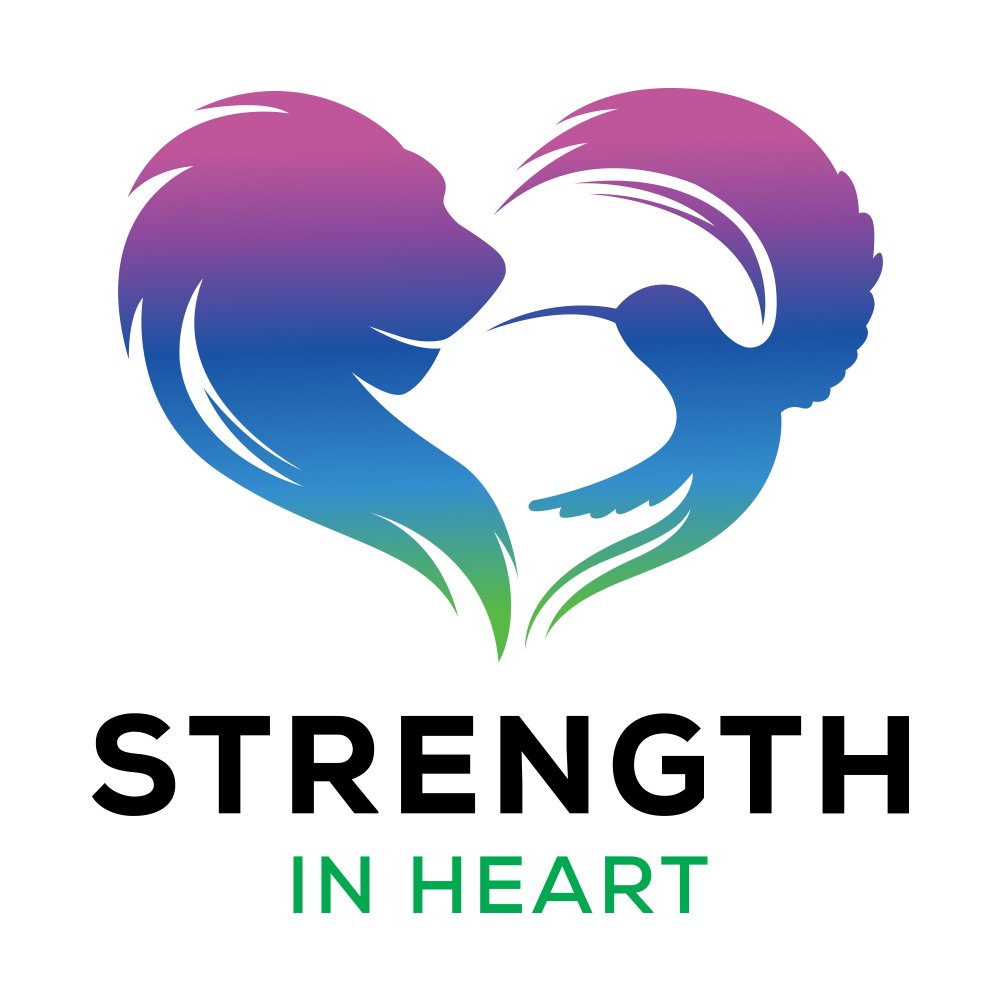Choosing a psychedelic integration therapist in Victoria BC or for online video or telephone sessions is a big decision. It is critical that you find someone who is well qualified and a good fit. Psychedelic experiences can open up your emotional perception which, if supported by the right therapist, means that you will be more likely to integrate important and profound insights into your daily life, for long lasting, meaningful change (this includes microdosing). On the other hand, if your psychedelic experience is not supported by a qualified, good fit therapist, you may be less likely to integrate your insights into positive change or growth.
The most important part of the entire psychedelic psychotherapy experience are the intention and integration stages. If these processes are not effectively supported important insights may not be experienced, understood or remembered.
Here are 5 important questions to investigate in your search for a qualified and good fit psychedelic integration therapist:
“It changed everything when I began working with someone who had personal experience with psychedelics and could help me recall what had happened to me during my trips.
”
1. What are their qualifications as a therapist?
2. Do they have specific training in psychedelic therapy, guiding, or integration?
3. Why do they specialize in psychedelic integration?
4. Do they have personal experience in psychedelic journeying?
5. What is their general process and the recommended number of sessions?
For more information on the goals of psychedelic integration counselling and our process please read this.
While you’re asking or researching these questions, also ask yourself: what is my comfort level with this person? Did the therapist “get” what I was saying? Did they ask for clarification and avoid making assumptions or misinterpretations?
Overall, it’s always best to go with the person whom you connect with - listen to your heart and gut!
Ready to find the best Victoria BC and online Psychedelic integration therapist for you? Contact us today to set up an appointment.
























